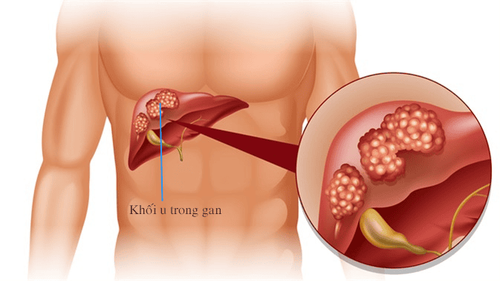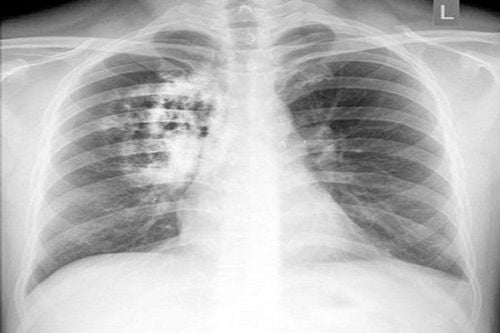This Article is consulted by Master of Medicine, Doctor Nguyen Viet Thu - Radiologist and Nuclear Medicine Specialist - Department of Radiology and Nuclear Medicine - Vinmec Times City International General Hospital.
Abdominal ultrasound is performed to examine the organs inside the abdomen. The quality of the abdominal ultrasound image, which can be used for diagnosis, greatly depends on preparation, including what the patient is allowed to eat or drink before the ultrasound.
1. Abdominal Ultrasound
Abdominal ultrasound is one of the most commonly used ultrasound techniques in diagnosis and treatment. It is a simple and easy-to-perform procedure, often indicated for screening for abdominal aortic aneurysm – the main blood vessel supplying blood to the entire lower body. However, this does not mean that this technique is only used to diagnose aneurysms. In fact, abdominal ultrasound can be used to examine many other tissues and organs such as:
- Gallbladder
- Intestines
- Kidneys
- Liver
- Pancreas
- Spleen
Abdominal ultrasound can help doctors determine the cause of stomach pain or bloating, and check for the presence of kidney stones or tumors in the liver, pancreas, 1, etc.
In abdominal aortic aneurysm screening, doctors will order an ultrasound if the patient is male and has a history of smoking. This method is not effective for women or men who have never smoked.

Like other types of ultrasound, abdominal ultrasound is non-invasive and does not use ionizing radiation, making it safe for patients. This is why many people prefer this technique for fetal ultrasounds. However, many experts also advise against using it without a doctor's prescription. The heat from the ultrasound probe can heat the tissues it comes into contact with, causing damage to some sensitive cells.
If a physical examination shows abnormalities, a doctor may order an abdominal ultrasound to provide an accurate conclusion about several issues, such as:
- Determining if there are blood clots.
- Observing abnormal enlargement of organs such as the liver, spleen, or kidneys.
- Fluid accumulation in the abdomen.
- Detecting kidney stones, gallbladder stones, or urinary bladder stones.
- Checking for hernias.
- Screening for liver cancer, acute pancreatitis, chronic pancreatitis, and appendicitis.
Additionally, abdominal ultrasound can be used to assist doctors or technicians in performing procedures such as:
Biopsy of abdominal tissues: Ultrasound helps to accurately locate the biopsy site.
Aspirating fluid from tumors or abscesses.
Examining blood flow and velocity in abdominal blood vessels.

2. What can I eat or drink before an abdominal ultrasound?
Many people wonder if they need to fast before an ultrasound. Generally, patients are advised to fast for about 8-12 hours before the ultrasound. Undigested food in the stomach and urine in the bladder can interfere with the transmission of sound waves, resulting in unclear ultrasound images.
In cases of ultrasound of the gallbladder, liver, pancreas, or spleen, patients may be advised to have a fat-free meal in the evening or morning, depending on the time of the ultrasound:
If the ultrasound is scheduled for the morning, patients should avoid foods containing oil or fat the night before. Additionally, from the time they go to bed until the ultrasound is completed, patients should not eat any other type of food.
If the ultrasound is scheduled for the afternoon, the doctor or ultrasound technician will ask the patient to absolutely avoid foods containing oil or fat for breakfast and to stop eating anything at least 4 hours before the ultrasound time.
For drinks: Patients can drink beverages that do not contain fat before the ultrasound.
The following is a list of foods that are allowed and not allowed to be consumed in the period before the ultrasound, at least 4 hours:
Abdominal ultrasound is one of the most common and easy-to-perform ultrasound techniques. Before performing an abdominal ultrasound, doctors usually ask patients to fast for at least 4 hours before the ultrasound. Additionally, in the previous meal, they should also minimize the amount of oil or fat they consume to obtain the clearest possible ultrasound images.

To arrange an appointment, please call HOTLINE or make your reservation directly HERE. You may also download the MyVinmec app to schedule appointments faster and manage your reservations more conveniently.














